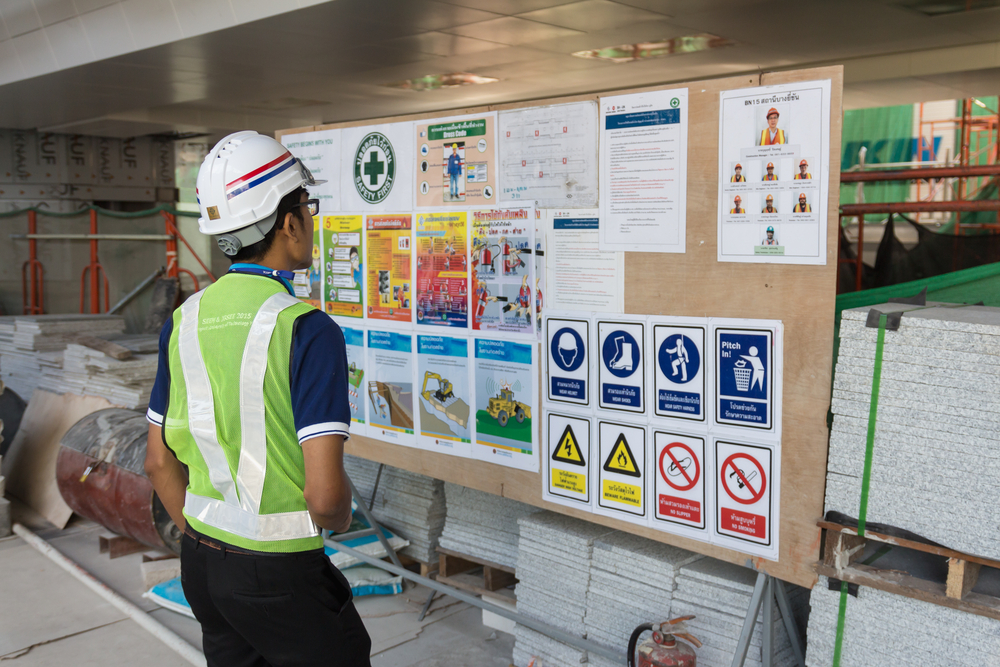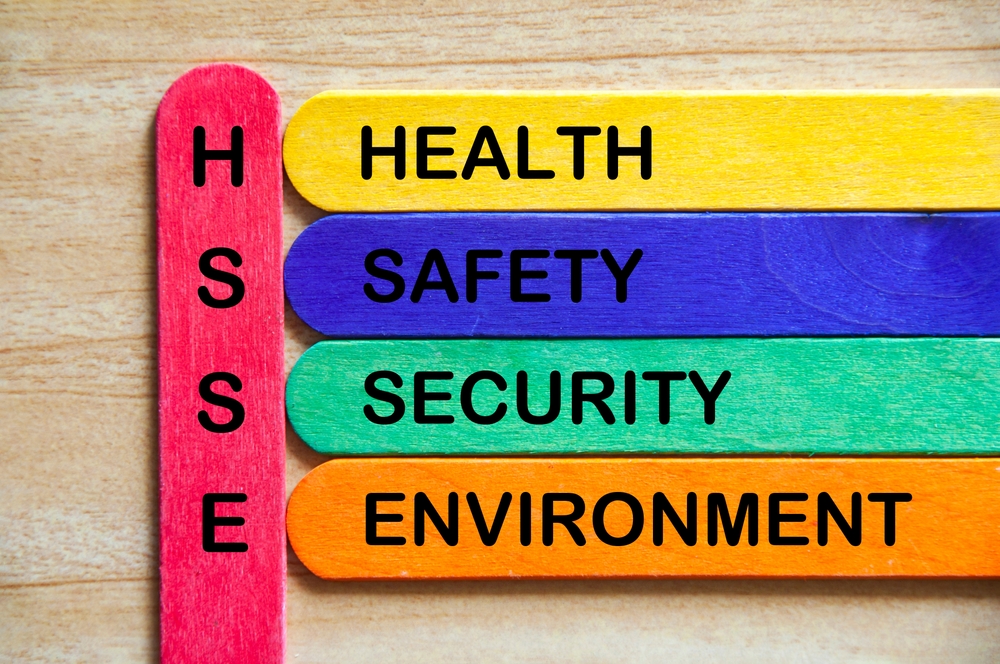

This course is included in the master program for safety management in the oil and gas industry. It provides the most critical approaches and practices on risk management, compliance, and protection of people and assets in dangerous situations.
| City | Start Date | End Date | Fees | Register | Enquire | Download |
|---|---|---|---|---|---|---|
| Jakarta | 23-06-2025 | 27-06-2025 | 4950 $ | Register | Enquire | |
| Geneva | 30-06-2025 | 04-07-2025 | 5600 $ | Register | Enquire | |
| Amsterdam | 07-07-2025 | 11-07-2025 | 6200 $ | Register | Enquire | |
| Vienna | 14-07-2025 | 18-07-2025 | 6200 $ | Register | Enquire | |
| Cairo | 21-07-2025 | 25-07-2025 | 3950 $ | Register | Enquire | |
| Casablanca | 28-07-2025 | 01-08-2025 | 4950 $ | Register | Enquire | |
| Kuala Lumpur | 04-08-2025 | 08-08-2025 | 4950 $ | Register | Enquire | |
| Paris | 11-08-2025 | 15-08-2025 | 6200 $ | Register | Enquire | |
| Casablanca | 25-08-2025 | 29-08-2025 | 4950 $ | Register | Enquire | |
| London | 01-09-2025 | 05-09-2025 | 6200 $ | Register | Enquire | |
| Madrid | 08-09-2025 | 12-09-2025 | 6200 $ | Register | Enquire | |
| Dubai | 15-09-2025 | 19-09-2025 | 4300 $ | Register | Enquire | |
| Kuala Lumpur | 22-09-2025 | 26-09-2025 | 4950 $ | Register | Enquire | |
| Madrid | 06-10-2025 | 10-10-2025 | 6200 $ | Register | Enquire | |
| Milan | 13-10-2025 | 17-10-2025 | 6200 $ | Register | Enquire | |
| Jakarta | 20-10-2025 | 24-10-2025 | 4950 $ | Register | Enquire | |
| Bali | 03-11-2025 | 07-11-2025 | 4950 $ | Register | Enquire | |
| Casablanca | 10-11-2025 | 14-11-2025 | 4950 $ | Register | Enquire | |
| Sharm El Sheikh | 17-11-2025 | 21-11-2025 | 3950 $ | Register | Enquire | |
| Barcelona | 24-11-2025 | 28-11-2025 | 6200 $ | Register | Enquire | |
| London | 01-12-2025 | 05-12-2025 | 6200 $ | Register | Enquire | |
| Geneva | 08-12-2025 | 12-12-2025 | 5600 $ | Register | Enquire | |
| Cairo | 15-12-2025 | 19-12-2025 | 3950 $ | Register | Enquire |
The oil and gas industry has experienced several notable process safety incidents, highlighting the importance of adhering to basic health and safety principles required by law. Incidents such as the 2010 Deepwater Horizon explosion, the 2005 Buncefield Oil Storage Depot explosion, the 1988 Piper Alpha disaster in the UK, and the 2005 BP Texas Refinery disaster serve as key examples.
Ensuring operational safety in the oil and gas industry requires a deep understanding of the unique risks and adverse conditions present in the sector. This Oil and Gas Industry Operational Safety course emphasizes the importance of operational safety, offering practical concepts and frameworks aimed at preventing accidents and minimizing hazards during oil and gas operations.
At the end of this Oil and Gas Industry Operational Safety course, participants will be able to:
Unit 1: Health, Safety, and Environment Management in Perspective
Unit 2: Hydrocarbon Process Safety
Unit 3: Risk Assessment Techniques
Unit 4: Fire Safety and Crisis Management
Unit 5: Activities Connected With Logistics and Transport



















